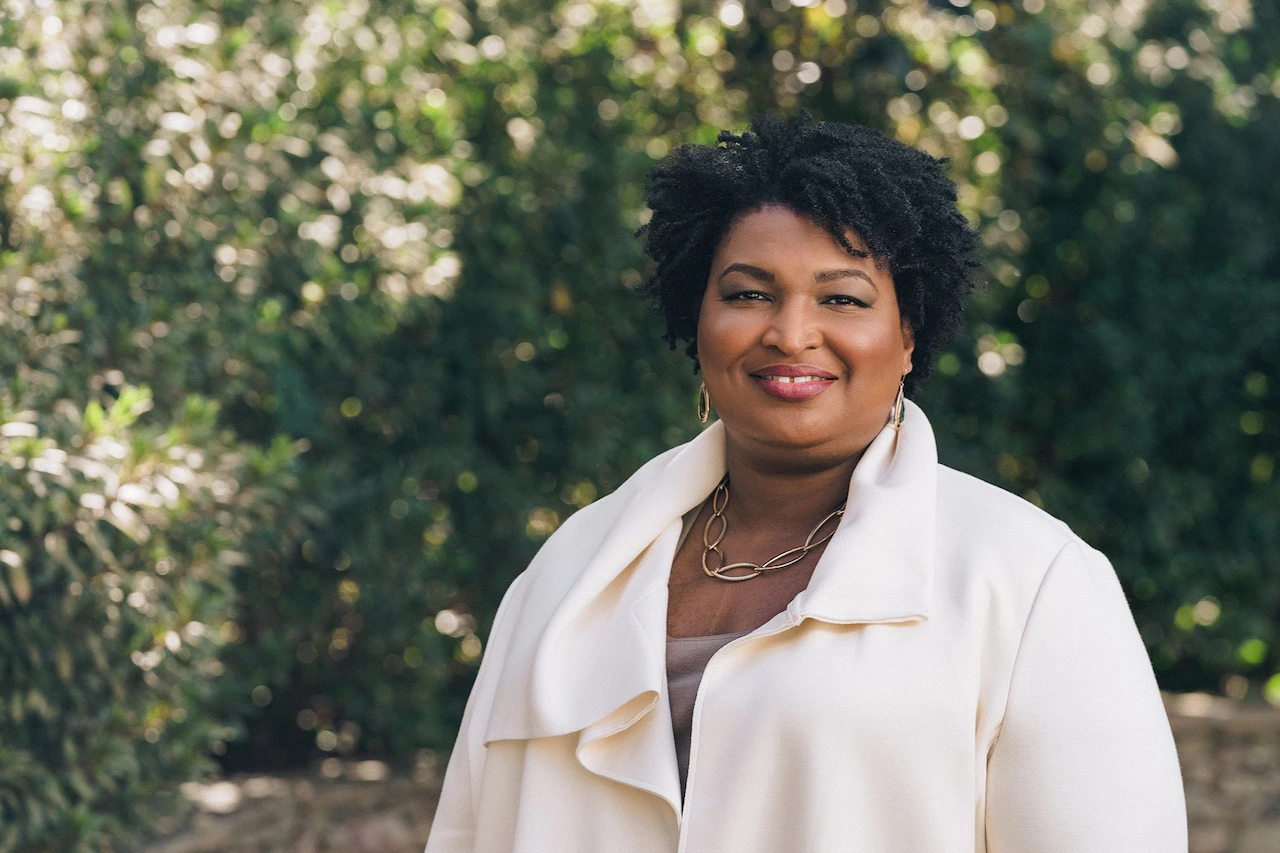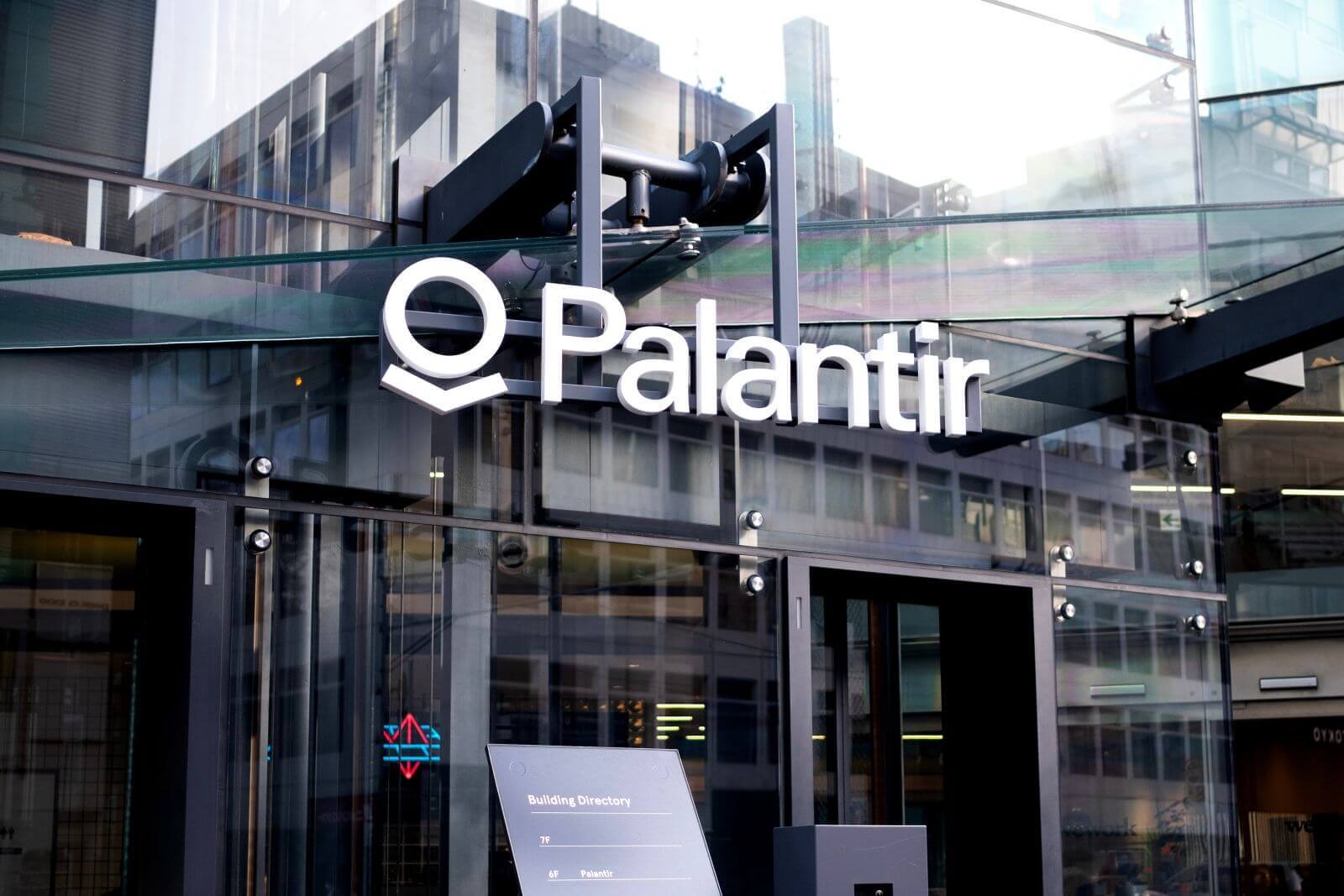Copyright The Oregonian

On Nov. 8, the Portland Book Festival will return to the South Park Blocks, the Portland Art Museum and nearby venues, featuring over 100 authors discussing their latest novels. Headlining authors include bestselling novelist and political leader Stacey Abrams, who will speak at noon at the Arlene Schnitzer Concert Hall, and “Fourth Wing” author Rebecca Yarros, whose 10 a.m. appearance on the same stage has already sold out. Both events require special tickets in addition to a festival pass. Abrams spoke to The Oregonian/OregonLive this week about her upcoming conversation, including what attendees can expect, the themes behind her new novel “Coded Justice,” and how her storytelling reflects the rapidly changing world of AI. Through the main character Avery Keene, the novel explores how AI in the medical industry can blur the line between innovation and exploitation. The interview has been edited for length and clarity. Q: You’re joining the Portland Book Festival to discuss your new thriller, “Coded Justice.” What can readers look forward to from your conversation at the festival? Abrams: AI is a massive topic, and the goal of “Coded Justice” is to dive deep and make it a thrilling way to understand what AI is, what AI can do, and make it not quite so frightening, but still make it a little thrilling. It’s a story about murder and opportunity and the choices we make with the tools we have. Q: Portland’s festival draws readers who love stories that challenge ideas about justice and power. How do those themes come alive in “Coded Justice”? Abrams: I enter the conversation about AI from the vantage point of the intersection of AI, DEI and veterans healthcare. We live in a moment when AI is the constant topic of conversation, but so are attacks on DEI. And I wanted us to understand what that intersection means, especially through the lens of the most diverse population to whom we owe healthcare, and that’s our veterans. And the notion of justice for me is who are we and what are our tools? And in this case, if AI is supposed to be providing and saving our lives. What does it mean when we don’t look at DEI in that process? Q: You’ve written across many genres — thrillers, romance, nonfiction. What keeps you returning to political and legal suspense? Abrams: I love storytelling because it’s a way to understand the world, and I use political and legal thrillers to unpack some of our more complicated ideas, but to make them accessible because we are better citizens when we don’t feel overwhelmed by the information and when we think we have some ownership of it. I try to demystify complicated topics, but do so in a way that is exciting and a little dangerous. But I always try to make sure that everything I write about is improbable but never impossible. Q: The Portland Book Festival celebrates writers who spark dialogue. What do you hope readers will be thinking or talking about after hearing your session? Abrams: I hope they’re going to talk about how AI is a tool that can either be used to build or to destroy, and that too often we are ascribing human behaviors to this tool, and we’re ignoring the people making the decisions: the owners of those companies, the programmers, the coders, the engineers and those who are profiting from it. AI is here to stay. We need to understand what this new technology means for how we live our lives. I want people to feel emboldened, and I want them to feel like they are equipped to ask tough questions. Q: As both a novelist and political leader, you’ve spent much of your career examining systems of influence and accountability. How do you see fiction as a way to explore those same questions? Abrams: I’ve always loved Avery Keene as a character, because she is someone who has been given responsibility in all three of her outings, but she never has authority. And so often we find ourselves in that place. We have a responsibility to our fellow citizens. We have responsibility to our communities, responsibility to our families, but we don’t have the authority to make things happen. We don’t have the resources to demand action, and sometimes that’s used as a reason not to act. What I love about this character and these stories, it’s what happens when we make the affirmative decision to act, not because we don’t have a choice, but because we’re willing to take on the risk of taking an action and maybe not having it come out the way we thought. Tickets for the Portland Book Festival, including Stacey Abrams’ featured discussion, are available in advance at pdxbookfest.org. Faith and cultural connections 5 tips to make the most of 2025 Portland Book Festival Para muchos, el pan de muerto une a las familias. Aquí es dónde encontrarlo en Portland Oregon powwows, celebrations mark Native American Heritage Month 2025 This organization is transforming Black Oregonians’ outdoor experiences: Peak Northwest podcast For many, pan de muerto brings families together. Here’s where to find it around Portland



